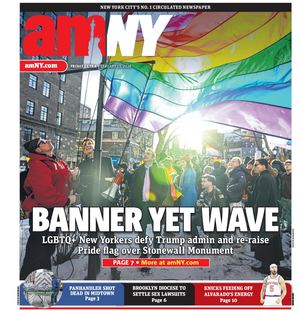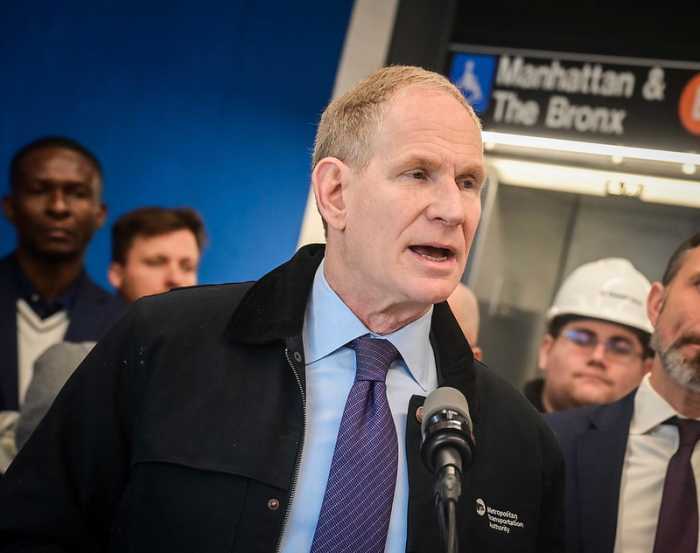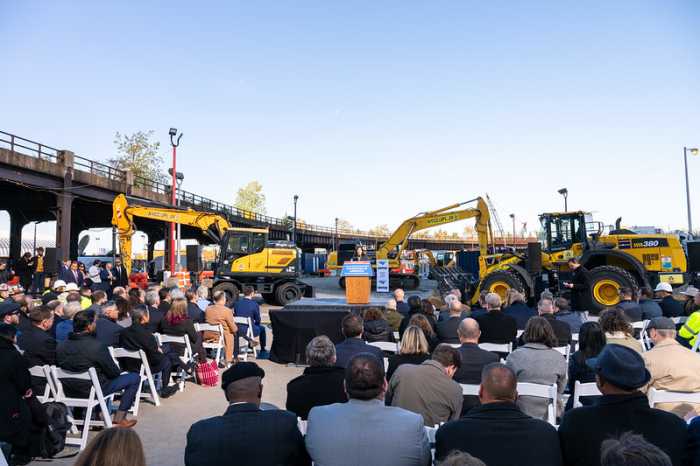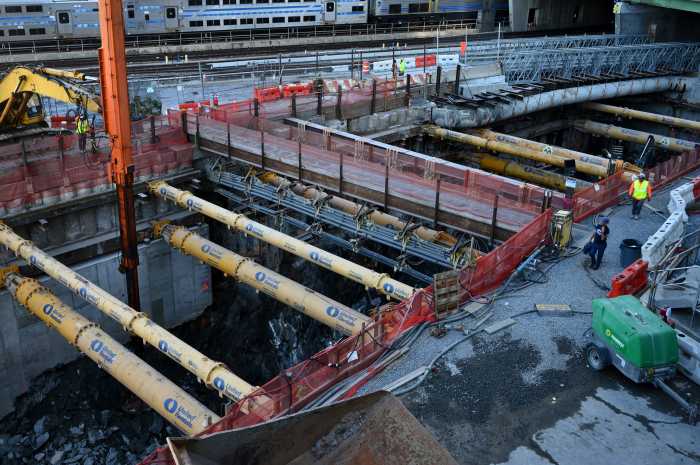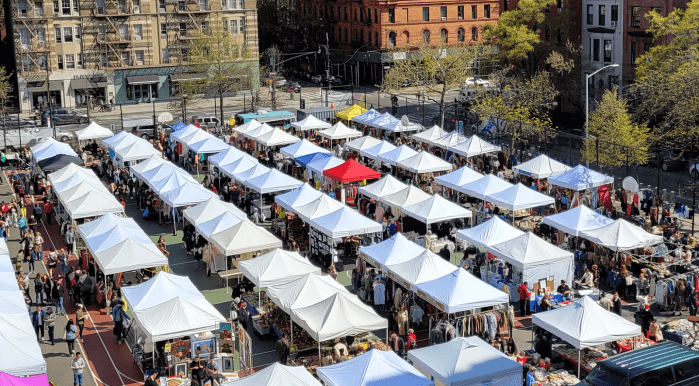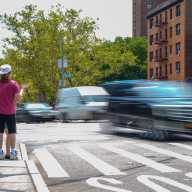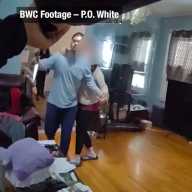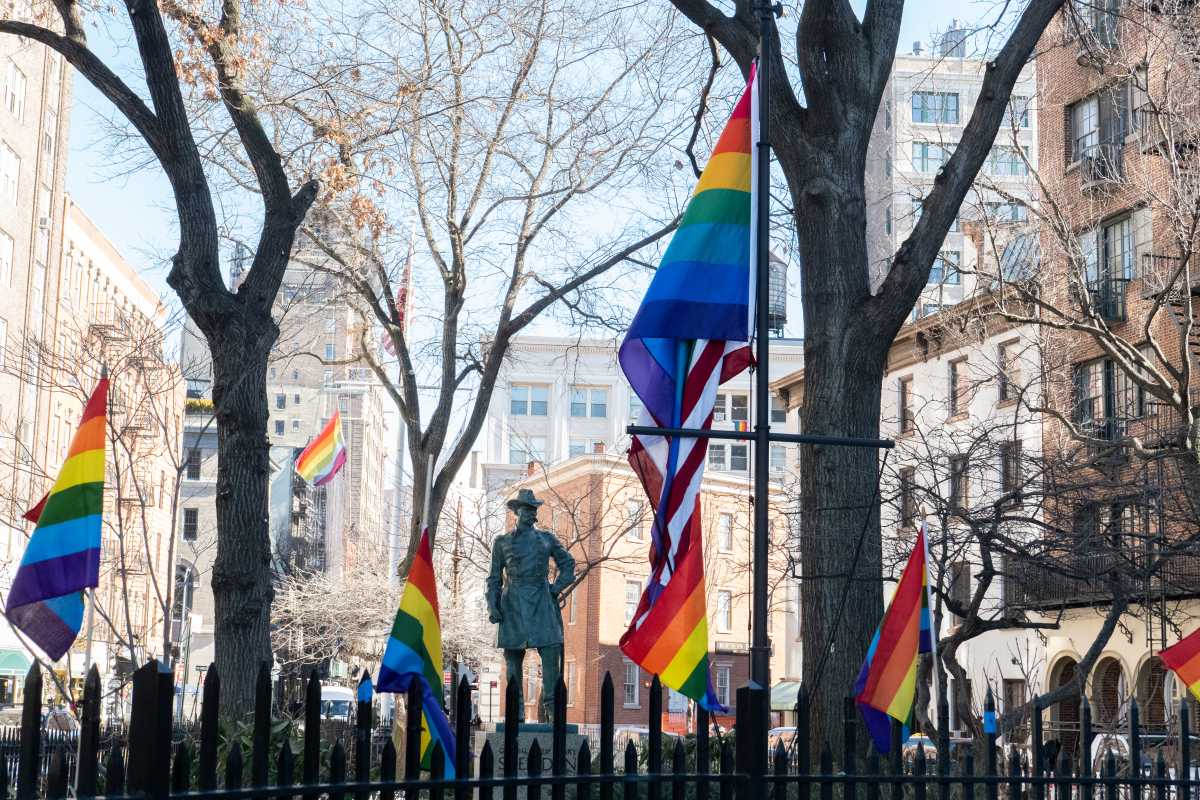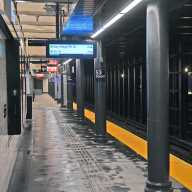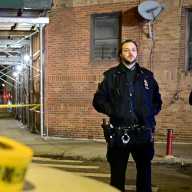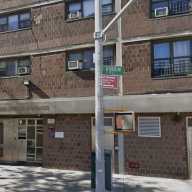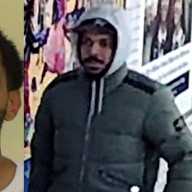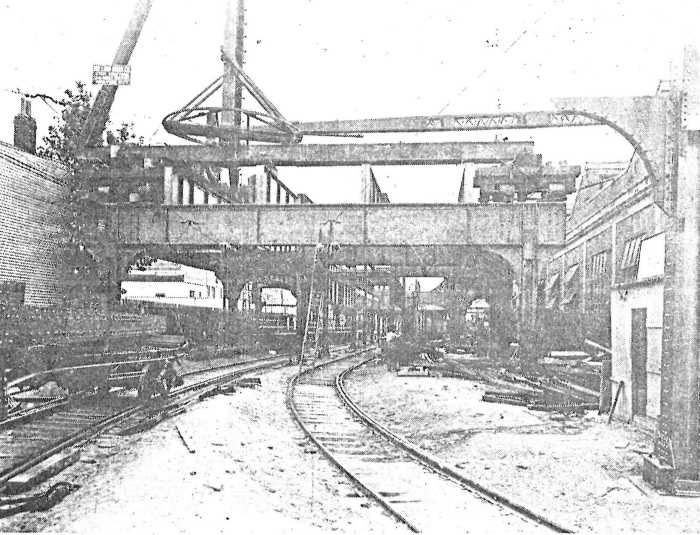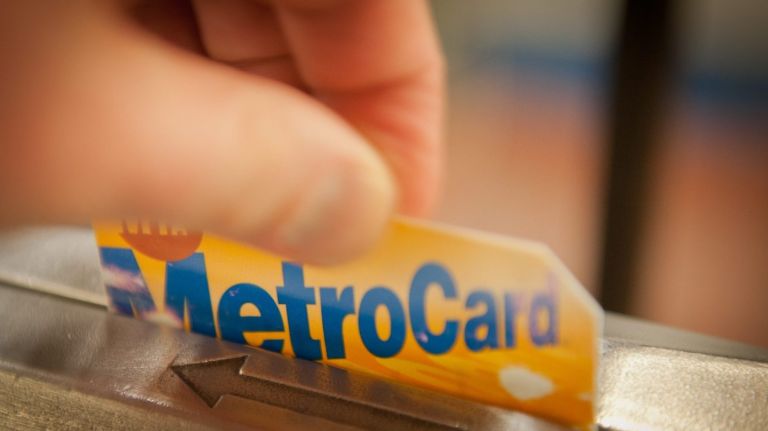
Brooklyn residents and advocates fear that the MTA’s next round of fare hikes will increase farebeating in the borough as the subway system becomes more unaffordable.
The MTA is touring the region this month to take input on two proposals it’s considering for implementation on March 19.
The options on the table weigh raising the cost of a single MetroCard swipe to $3 or keeping the current $2.75 rate while tinkering with the purchase bonus, the rate that riders receive for pumping money onto their cards.
“Plan A” would keep base fares at $2.75, but riders would only receive an extra 5 percent bonus with a $5.50 purchase. Currently, they receive an 11 percent addition for that amount. “Plan B” would bring a $3 base fare, but also an increased bonus of 16 percent for a $6 purchase.
At Monday’s fare and toll hearing in Brooklyn, advocates raised concerns about the policing of turnstile jumpers, which many perceive to unfairly target the poor and people of color.
“We see our clients charged with criminal penalties for fare evasion and we see their lives permanently impacted,” said Jared Chausow, who spoke on behalf of Brooklyn Defender Services. “We sometimes see their entire families destabilized from these arrests. … People lose their jobs over the arrests.”
In 2015, the NYPD made 29,199 arrests and doled out an additional 123,921 summonses for fare evasions, according to data from the state Division of Criminal Justice Services. Of those arrested, 92 percent were people of color.
Chausow supported a proposal from the Riders Alliance and the Community Service Society that calls for half-fare MetroCards for low-income New Yorkers. The plan would call for the city to pitch in $200 million per year to pay for the fares of up to 800,000 city residents living at or below the federal poverty level.
The proposal has been championed at every hearing thus far, though the mayor has said publicly that it would be hard for the city to support it financially.
“It’s one of the most common things we’ve been hearing,” said MTA Chairman Tom Prendergast, referring to the proposal, at an agency board meeting last week. “It would be premature of me to say anything further because … we also want to hear comments in other ways other than public hearings.”
Prendergast on Monday listened to Lisa Hamner come close to breaking down in tears as she described begging riders for a swipe recently. The 49-year-old mother said she lives in the Tillary Street Women’s Shelter on $144 a week and couldn’t afford a fare to make it to her daughter’s therapy session.
“I found myself begging for a swipe and feeling mortified and horrified because I had looked at other people begging for a swipe with contempt and judgment,” she said. “One gentlemen actually said to me, ‘If you didn’t spend all of your income on drugs, you’d be able to afford a subway swipe.’”
